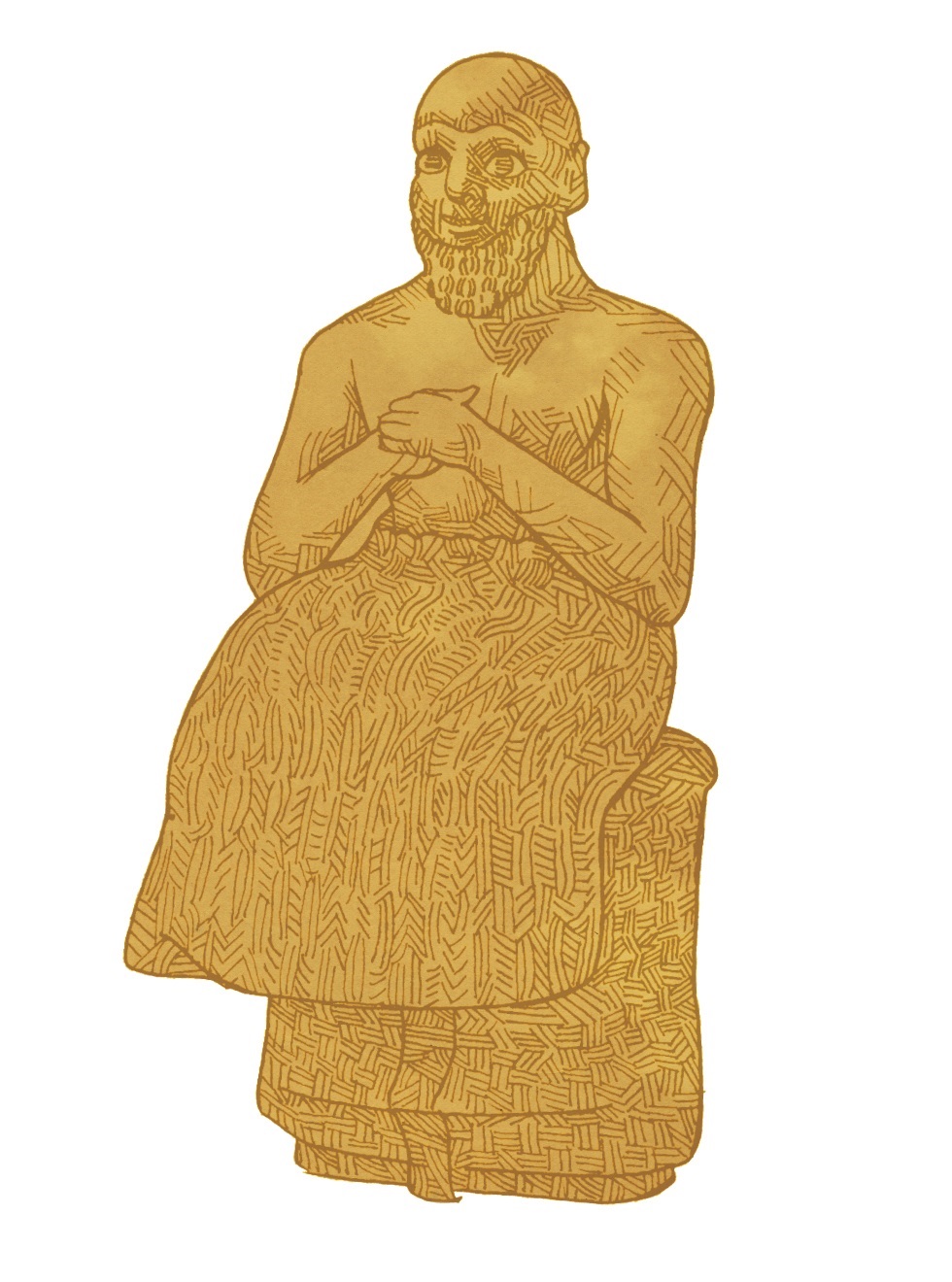The Origin of Biblical Israel
DOI:
https://doi.org/10.5508/jhs.2005.v5.a17Abstract
This article outlines my answer to the problem of the origin of ‘biblical Israel’. I look for a period when ‘Israel’ was dominant and ‘Judah’ subordinate, and a period of time in which an identity ‘Israel’ could be absorbed by a population that also saw itself as ‘Judah’ in such a way that it was irreversible. However, we do not need to look specifically for a political definition of ‘Israel’, since when it is defined so as to include Judah (especially the Pentateuch) rather than when referring to the kingdom that bore the name (especially Samuel and Kings), ‘Israel’ is used in a primarily religious (including ethnic) sense, not a political one. This accords well with its usage in the Neo-Babylonian and Persian periods. For over a century, a province called ‘Judah’ was in fact governed from a territory that, as the Bible and biblical historians themselves would describe it, was 'Benjamin’. During this period the identity ‘Israel’ could very easily permeate the population of ‘Benjamin-Judah’ in such a way that the later restoration of political and cultic supremacy to Jerusalem could not challenge it, let alone remove it. But with the reestablishment of Jerusalem, Bethel was defamed and destroyed; ‘Israelite’ stories were revised and overlaid with Judean ones, and (if Blenkinsopp's reconstruction of the Judean Priesthood during the Neo-Babylonian and Achaemenid Periods is correct) its Aaronite priesthood was transferred to Jerusalem, thus relocating the religious centre of Jacob/Israel to the ‘city of David’. The name ‘Israel’ was thus retained and redefined: ‘biblical Israel’ was invented, with Judah at its head. The implications of the answer for the history of biblical traditions are considerable.Downloads
Published
2005-12-31
How to Cite
Davies, P. R. (2005). The Origin of Biblical Israel. The Journal of Hebrew Scriptures, 5. https://doi.org/10.5508/jhs.2005.v5.a17
Issue
Section
Articles

 Statue of Ebih-Il, drawing by Simeon Goa, © Journal of Hebrew Scriptures
Statue of Ebih-Il, drawing by Simeon Goa, © Journal of Hebrew Scriptures
